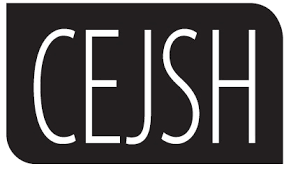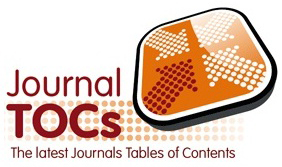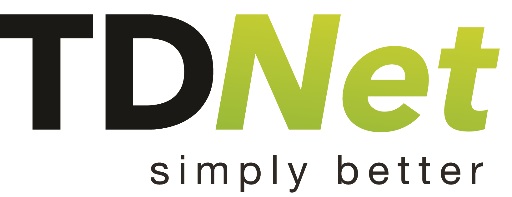Bridging the Gap: Integrating Flipped Classrooms Into Legal Education in Pakistan
Abstract
The legal education map of Pakistan is plagued by a slew of hurdles, starting with outdated teaching approaches and poor resource provision. This article suggests including flipped classrooms in legal education and the functional outcome of this is to improve the quality and accessibility of legal education. Contrary to the traditional methods of teaching, flipped classrooms force students to interact with the instructional materials before the class. This organization allows face-to-face sessions to focus on interactive discussions and hands-on applications. Major factors necessary for successful implementation include faculty development, technological support, and the correlation of curriculum goals. Flipped classrooms offer a promising route to the issues of legal education in Pakistan. Like that, the method encourages active learning, stimulates cognitive activities, and prepares law scholars better for the difficulties of modern legal practice.





















